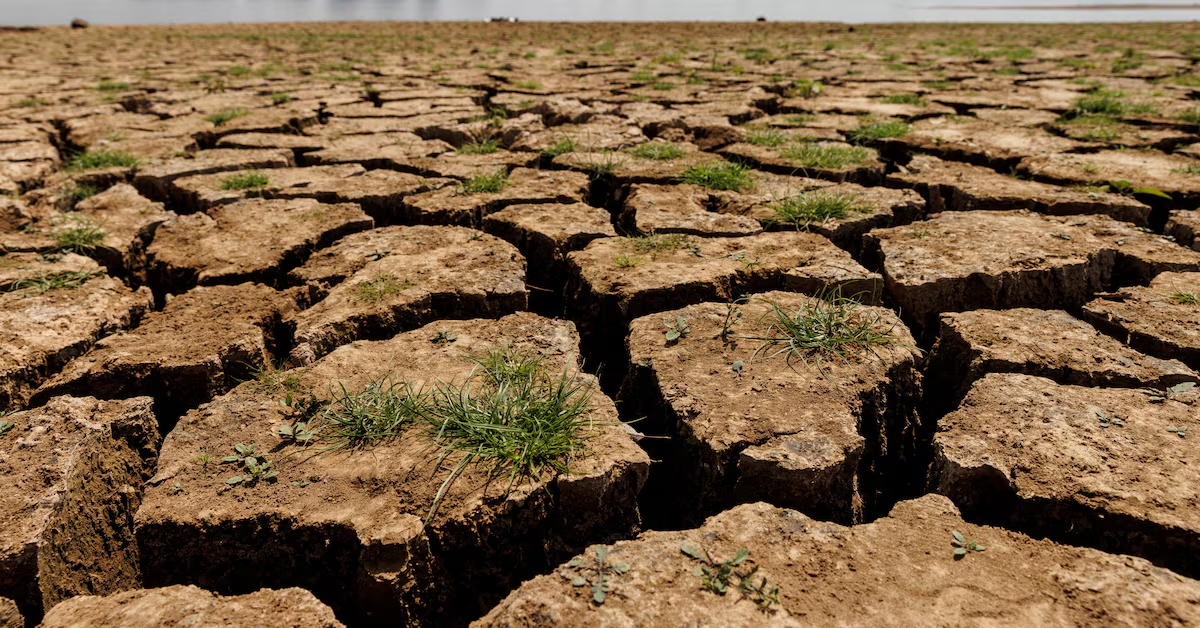Humanity is now facing an alarming 80 percent chance that Earth’s temperatures will at least temporarily surpass the critical 1.5-degree Celsius threshold within the next five years, according to a prediction by the United Nations on Wednesday.
This projection underscores the urgency of the climate crisis and the challenges in meeting the targets set by the 2015 Paris Agreement.
The Paris Agreement, a landmark accord in global climate policy, aims to limit the rise in global temperatures to 1.5 degrees Celsius above pre-industrial levels. This target is intended to refer to long-term temperature increases over several decades rather than short-term fluctuations.
However, the UN’s World Meteorological Organization (WMO) has highlighted that the likelihood of temporarily exceeding this threshold in the near term is increasing.
This alarming forecast was released alongside a report by the EU’s Copernicus Climate Change Service, which announced that last month was the hottest May on record.
This trend points unmistakably to human-induced climate change. The severity of the situation led UN Secretary-General Antonio Guterres to draw a stark comparison, likening humanity’s destructive impact on the planet to “the meteor that wiped out the dinosaurs.”

The probability of temporarily breaching the 1.5-degree limit has been rising steadily since 2015. At that time, the chance of such an occurrence was estimated to be close to zero.
READ ALSO:
Elon Musk Commits to Enforcing a “Porn-Free” Policy on X Platform
Now, the WMO reports, “There is an 80 percent likelihood that the annual average global temperature will temporarily exceed 1.5C above pre-industrial levels for at least one of the next five years.”
This marks a significant increase from 2023, when the risk was estimated at 66 percent. The consequences of this warming are already being felt globally.
Dramatic climate shifts are fueling extreme weather events, including unprecedented floods and droughts. Glaciers are melting at an accelerated pace, contributing to rising sea levels that threaten coastal communities and ecosystems.
The increasing probability of exceeding the 1.5-degree threshold underscores the critical need for immediate and sustained action to mitigate climate change.
The international community must intensify efforts to reduce greenhouse gas emissions, transition to renewable energy sources, and implement adaptive measures to protect vulnerable populations and ecosystems.
The warnings from the WMO and Copernicus Climate Change Service serve as a clarion call to humanity: the window for effective action is rapidly closing, and the time to act decisively is now.
Discover more from Cine critique
Subscribe to get the latest posts sent to your email.

